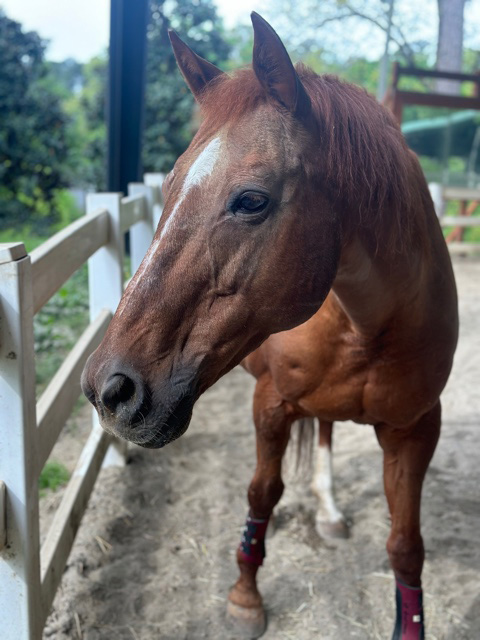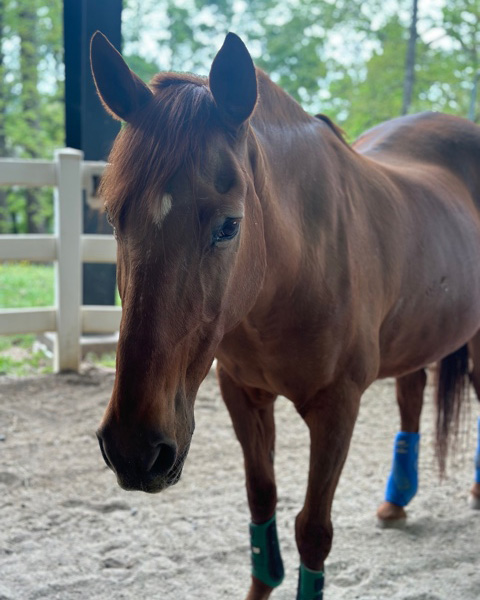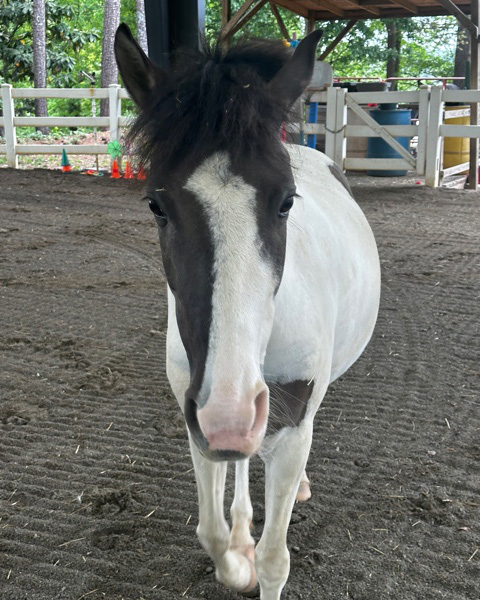How Can Equine Assisted Psychotherapy Treat Anxiety and Depression?
Anxiety and depressive based symptoms can be complex and range in severity from mild to severe. When a person experiences symptoms that are both severe and frequent, quality of life can be negatively impacted. The person’s daily life structure and routines can be disrupted and simply getting out of bed each day can be difficult. Symptoms experienced by a person often vary over time, presenting differently across life stages. When an individual was a child suffering from anxiety, for example, that individual might remember experiencing stomach aches or nightmares. For that same individual as an adult, anxiety might present as insomnia and frequent headaches. Symptoms are complex and can be confusing and frustrating to experience over time.
Many individuals suffer from symptoms and undergo treatment through psychotherapy combined with or without medication. Because mental health is often seen differently than physical health, many people do not dedicate the needed time and energy toward managing these symptoms for a better quality of life. Often people suffering from symptoms will continue living undiagnosed or untreated until they reach a point of crisis. Similar to a diagnosis of high cholesterol or diabetes that requires ongoing treatment, individuals suffering from anxiety and depression related disorders need the same type of commitment to ongoing treatment.

“In our fast-paced world, humans are inundated with a massive amount of stimuli, especially coming from technology sources. The human brain is constantly asked to sort information between what to pay attention to, and what to ignore. This process fatigues the brain and leads to irritation, frustration, inflexibility, giving up, stress, depression and anxiety.”
~ Leif Hallberg, The Clinical Practice of Equine-Assisted Therapy
Equine assisted psychotherapy can be a beneficial, non-traditional way to stay committed to symptom management and improving quality of life.

This experiential based modality of therapy invites clients to actively participate in the “doing” part of improving their mental health. Through exercises in the horse arena, new awareness can be created around things such as the context for when these symptoms are more severe versus more manageable. Individuals can learn to externalize their symptoms through interactive activities with the horse herd, understanding that the symptoms are not part of them. These types of interaction bring light to new angles of looking at sources of strength, forms of self-care, and important parts of an individual’s support network. Various feelings indicating internal stress can be identified more clearly as the horses will mirror these internal feelings we may be trying to hide. Horses provide honest and immediate feedback which makes them such valuable partners in equine assisted psychotherapy.
Anxiety based symptoms can be reduced through boundary work. Horses are exceptional partners in working on developing, maintaining or adjusting needed boundaries. Research studies show that healthy boundaries can significantly improve relational health and reduce baseline anxiety. High conflict and high avoidant relational dynamics with a romantic partner, for example, can increase feelings of being on edge or irritable. This irritability is highly transferable to others in the family system, similar to anxiety within a herd of horses. If one horse fears a new object approaching the arena, the horse quickly alerts the herd and a chain reaction of fleeing occurs. Much can be learned about our own relational patterns by observing this type of herd behavior in the moment. From this learning, we can then identify changes to consider making in an effort to improve our own relational health.
“Depression is sometimes regarded as the common cold of psychiatric conditions.”
“I don’t feel like myself” is a common complaint of someone experiencing either anxiety or depressive based symptoms. Equine assisted psychotherapy can provide a safe and inviting environment for internal exploration work amongst the horse herd. Being next to 1200-pound horses and observing the nonverbal communication that horses unapologetically offer can create an ability for individuals to focus on their own mind-body connection.
What is their body telling them? What does a state of stress versus a state of relaxation really feel like? Are you congruent – meaning what you are feeling on the inside mirrors what is being shared externally with others? How can you become congruent?
Experiencing this in the moment is an important part of the equine assisted psychotherapy experience that creates insightful reflection leading to beneficial change.

“Anxiety disorders are the most common mental health concern in the United States. Over 40 million adults in the U.S. have an anxiety disorder.”
Common Symptoms of Anxiety and Depression
Generalized Anxiety
- Excessive anxiety and worry
- Trouble controlling the worry
- Feeling restless or keyed up
- Feeling easily fatigued
- Difficulty concentrating or mind going blank
- Irritability
- Muscle tension
- Sleep disturbances
- Feeling significant distress
- Impairment in social & occupational settings
Source: DSM-5
Depression
- Chronic low mood
- Loss of interest or pleasure
- Feelings of sadness
- Feeling empty or hopeless
- Feeling numb or not like yourself
- Unintended significant changes in weight
- Insomnia or hypersomnia
- Feel agitated
- Fatigue or loss of energy
- Feelings of worthlessness
- Trouble concentrating
- Indecisiveness
- Recurrent thoughts of death
- Suicidal ideation or attempt
- Significant distress
- Impairment in social & occupational settings
Source: DSM-5

